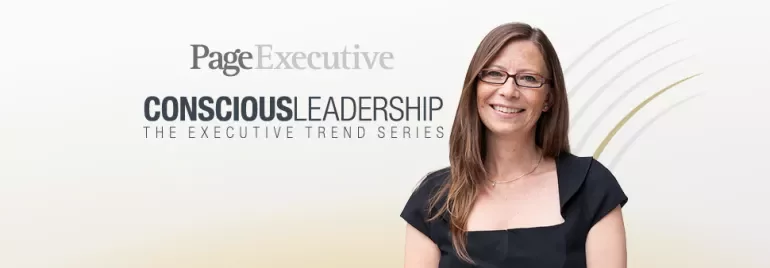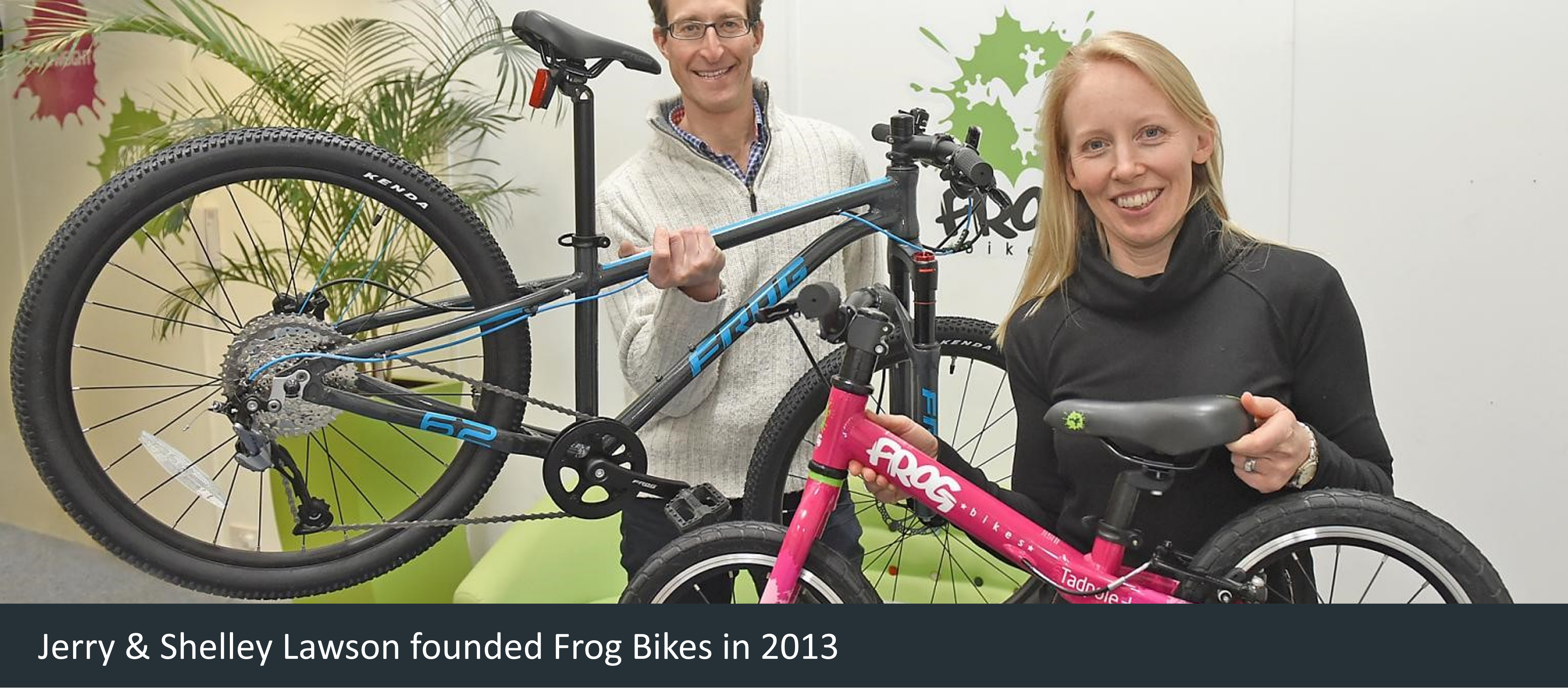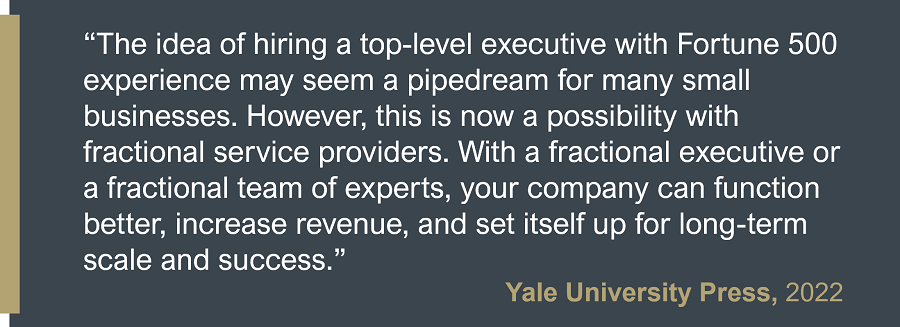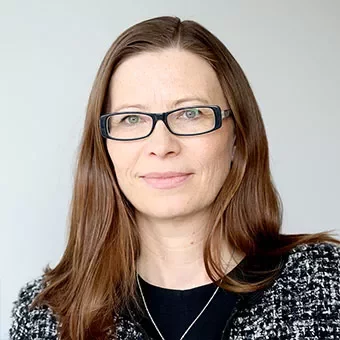Looking to hire your next leader?
Get in touch with one of our consultants now to discuss your leadership talent requirements.


___________________________________
According to Forbes, 53% of SMEs have plans in place to comply with 2050 emissions targets. However, just 34% of these firms report having achieved any of their sustainability objectives. For SMEs, sustainability is often nudged towards the marketing department or perhaps lies with the product or purchasing teams. But alarmingly, sustainability efforts at Board level tend to be scant. Often the sustainability responsibility at board level sits with individuals who have ascended through the ranks, typically via finance or sales and marketing, without necessarily gaining extensive sustainability knowledge en route. This has led to a conspicuous sustainability knowledge vacuum at the board level.
Earlier this month, I sat down with Shelley Lawson, NED and Co-Founder of Frog Bikes — a UK-based children’s bicycle manufacturer that champions an eco-conscious ethos.
In Shelley’s view, having a CSO and a sustainability strategy brings clear benefits. The initial gain most people experience comes through an operational cost reduction after analysing and optimising their energy usage. However, at Frog Bikes, the benefits much further across the board from stakeholder to staff engagement. For example, they could more easily recruit younger employees who were particularly motivated to work for a company with strong sustainability values enabling them to make a positive environmental impact. Similarly, their dedication to reducing their carbon footprint resonated with their increasingly aware customer base, undoubtedly helping their sales.

“Additionally, it improved our product as we stripped out any unnecessary heavy materials, resulting in a lighter and longer-lasting product. Everything we've done has directly improved our bottom line. Larger organisations that appoint a CSO often do so because the external environment is changing faster than they can keep up with, whether that's regulation or pressures to report on and comply with sustainability measures. The market is changing very quickly as is customer demand,” Shelley points out.
Shelley’s impression is that SMEs are struggling to fully comprehend the extent and speed of change that's required. Sustainability implies a holistic transformation that spans every aspect of the business, from product design and service provision to sourcing and employment practices. It's more than just financial reporting now. It's a whole-scale change.
For SMEs, appointing a dedicated CSO is expensive. Even for the 34% that have plans in place, a full-time CSO may be out of reach financially.
“I would”, says Shelley. “I think it's a fantastic idea to share a CSO amongst a couple of organisations, not least because a good CSO is quite outward looking. They need to stay abreast of market trends, identify potential collaborations and bring senior skills and experience to the table. All this could be done at a more manageable cost."
Well, as Shelley points out, an effective sustainability strategy can’t be a one-off. “It's something that needs to permeate through the whole organisation. This takes multiple years and needs to be continually refined. It's not a three-month project you can sign off and it's done. It's such a cultural change to really embed a sustainability strategy. You need somebody who's in the team for the long term and has a slightly different mindset from a consultant. Somebody who's well integrated, understands the culture and is willing to work alongside you for the long term to make and embed these changes”, she explains.
A shared CSO would ultimately be a permanent hire who is fully invested in the business, understands their particular pressures and USPs and invests time really getting to understand the values and the culture of the organisation. The difference is they split their weekly schedule between you and another company, working half for one, half for the other.
Shelley adds: “Many organisations are facing similar challenges, even in non-competing industries. And there's so much to be gained by fruitful collaboration within and across industries. Having said that, I can’t envisage a shared CSO working for directly competing organisations. The CSO would help to coach and train people across the organisation, ensuring that on the days when they are working for the 'other' company, the sustainability work and strategy continues. This ultimately educates everyone along the way.”
Fractional executives often have a more lasting impact than both consultants and interim executives, who tend to be hired for a specific project or fixed-term contract. This gives companies the luxury of exploring the full lifecycle of strategic implementation, rather than working on an isolated segment. In the face of increasingly complex sustainability challenges, hiring a fractional CSO is a creative solution for early-stage SMEs. These businesses often require high-level expertise but must also consider cost limitations. A fractional CSO delivers this valuable proficiency but at a fraction of the cost of a full-time executive.

• They are truly passionate about sharing their knowledge and experience across industries and sectors facing similar challenges
• They have experience of delivering and driving change by bringing everyone with them on the journey
• They have proven success and can apply learnings from more advanced organisations to your own
• They want to be part of the solution, stay for the long run and see the results of their impact. They are not a consultant who goes in, identifies a problem, comes up with a solution and leaves
Shelley concludes, “I think it’s great that PageGroup are leveraging their network of resources and helping us meet the unmet need we have in the sustainability space. We need agents of change to deliver the sustainability changes at the pace required. Sharing a CSO is a very practical way of using PageGroup’s expertise for tangible and measurable change.
I really enjoy these conversations about alternative approaches with forward thinkers like Shelley. If anybody would like to explore this topic more or discuss their sustainability journeys and leadership talent needs, please reach out to either myself, or one of our global Sustainability Ambassadors.
Get in touch with one of our consultants now to discuss your leadership talent requirements.

Choose your country from the list below to complete the brief form:


